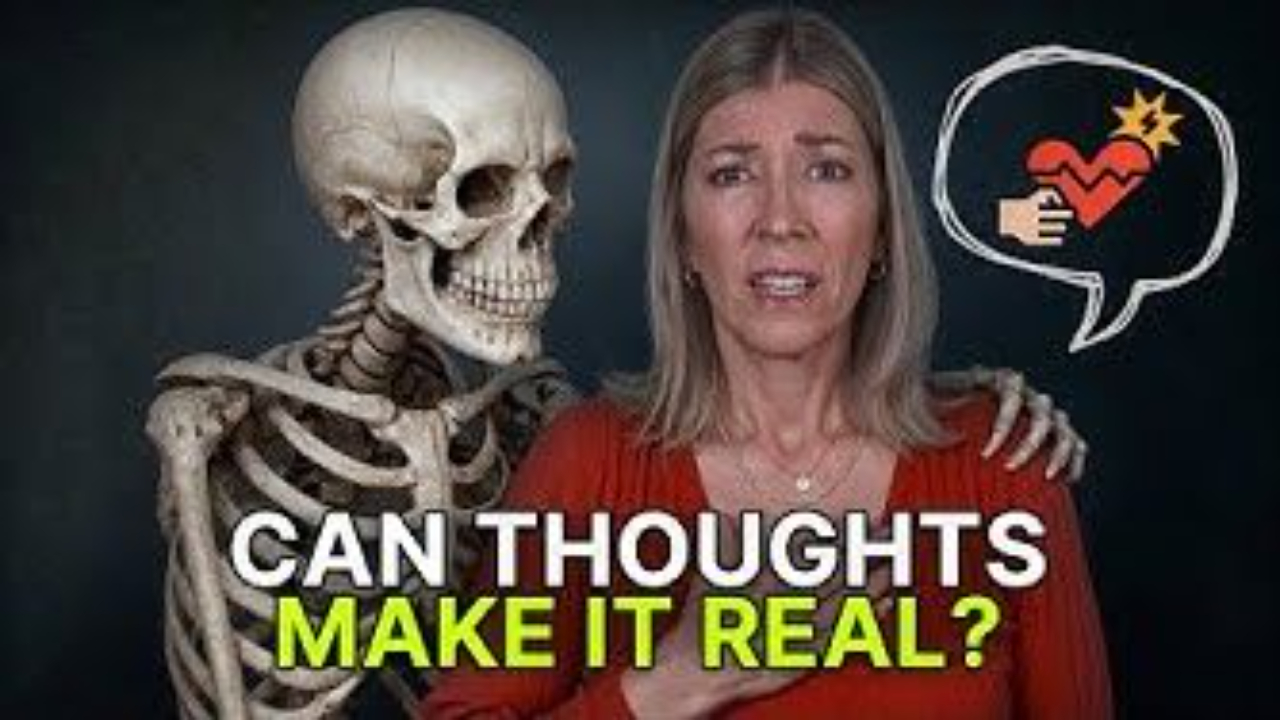
The Power of Logic in Treating Anxiety: Understanding Cognitive Distortions
Anxiety is a complex and often overwhelming mental health issue that affects millions of people worldwide. Treating anxiety effectively requires a tailored approach, as it can manifest differently in various individuals. In this blog post, we will delve into the importance of logic-based therapies, particularly Cognitive Behavioral Therapy (CBT), in addressing anxiety stemming from cognitive distortions. We'll explore how recognizing the origin of anxiety in the brain can guide treatment strategies and highlight the role of logic in calming anxious minds.
Understanding the Origins of Anxiety:
The Role of Cognitive Distortions:
Cognitive distortions are erroneous thought patterns that often contribute to anxiety. These distortions lead individuals to overestimate danger, underestimate their coping abilities, and interpret situations personally. For example, someone preparing for an interview might have negative thoughts and predictions, such as believing they will fail. Such cognitive distortions originate in the frontal cortex and can trigger an overactivation of the amygdala.
The Effectiveness of Logic-Based Therapies:
Cognitive Behavioral Therapy (CBT) has been a cornerstone in treating anxiety related to cognitive distortions. Developed in the late 1950s and 1960s by pioneers Aaron Beck and Albert Ellis, CBT posits that thoughts influence emotions and behaviors. By identifying and challenging distorted thoughts, individuals can gain control over their anxiety.
CBT has evolved into various subtypes, including mindfulness, Acceptance and Commitment Therapy (ACT), and Dialectical Behavioral Therapy (DBT). These therapies provide individuals with tools to examine and reframe their thought processes, allowing for more rational and logical thinking.
Exploring the CALM Logic Series:
In the CALM Logic Series, we break down the application of logic-based therapies in managing anxiety stemming from cognitive distortions.
-
Cognitive Distortions and Self-Talk: Learn how to identify and challenge common cognitive distortions, promoting healthier self-talk patterns.
-
Checking the Facts and Examining the Evidence: Discover techniques from both DBT and CBT to validate your thoughts and emotions, leading to a more grounded perspective.
-
Catastrophizing: Tackle the tendency to imagine worst-case scenarios and gain strategies to combat catastrophizing.
-
Wise Mind Concept: Explore the DBT concept of the "wise mind" and how it can help individuals balance their rational and emotional thinking.
-
Perfectionism and Anxiety: Understand the connection between perfectionism and anxiety, and learn techniques to manage it effectively.
In the battle against anxiety, logic-based therapies like CBT play a vital role in helping individuals recognize and challenge cognitive distortions. By understanding the origin of anxiety in the brain and addressing it with the right therapeutic approach, individuals can gain control over their anxious thoughts and lead more fulfilling lives. A tailored approach to anxiety management is essential, considering the type of anxiety and the underlying brain mechanisms at play. This nuanced approach enhances the effectiveness of interventions and promotes comprehensive well-being.
Let's Keep in Touch
Subscribe to My Newsletter
We hate SPAM. We will never sell your information, for any reason.








